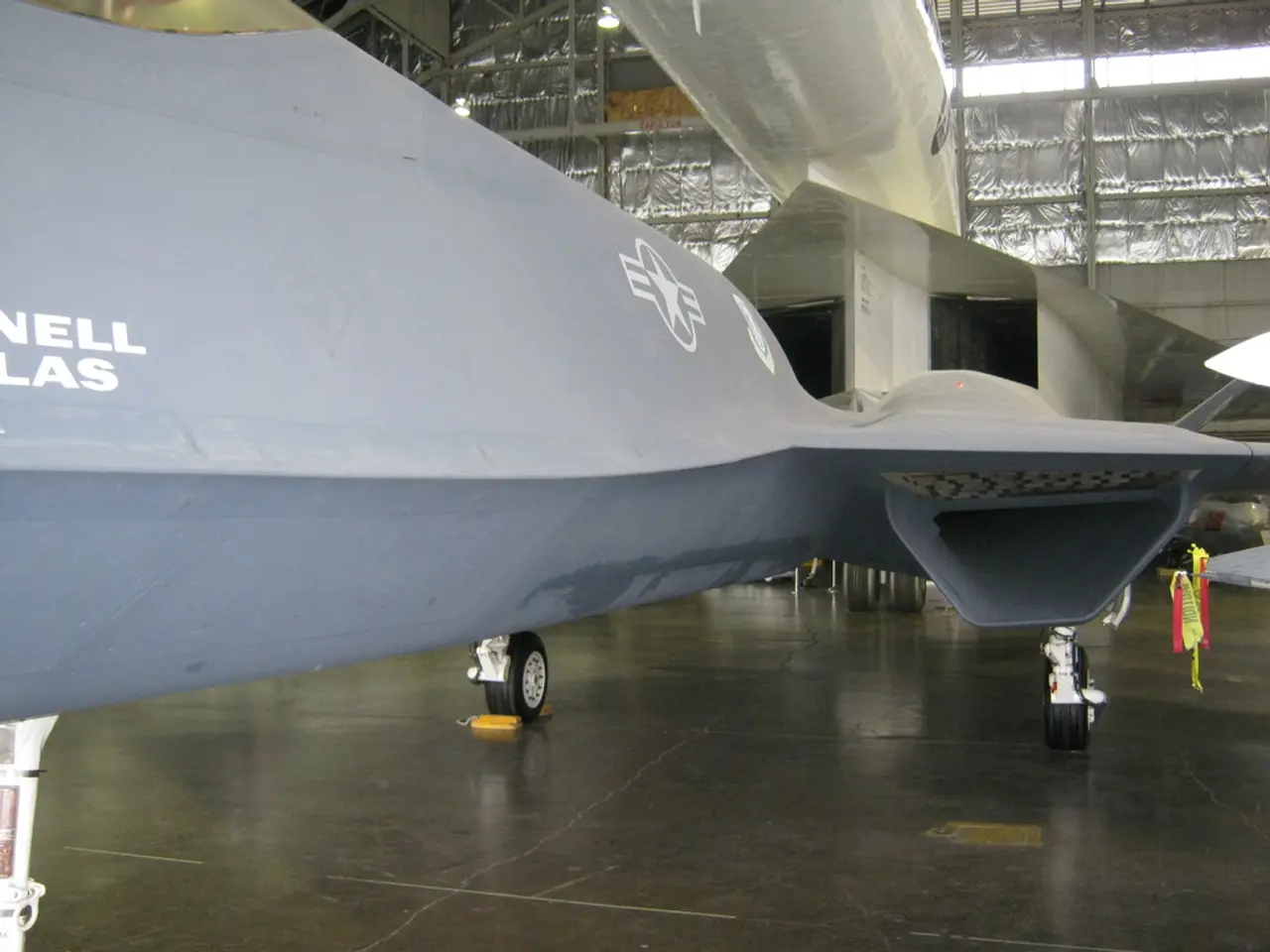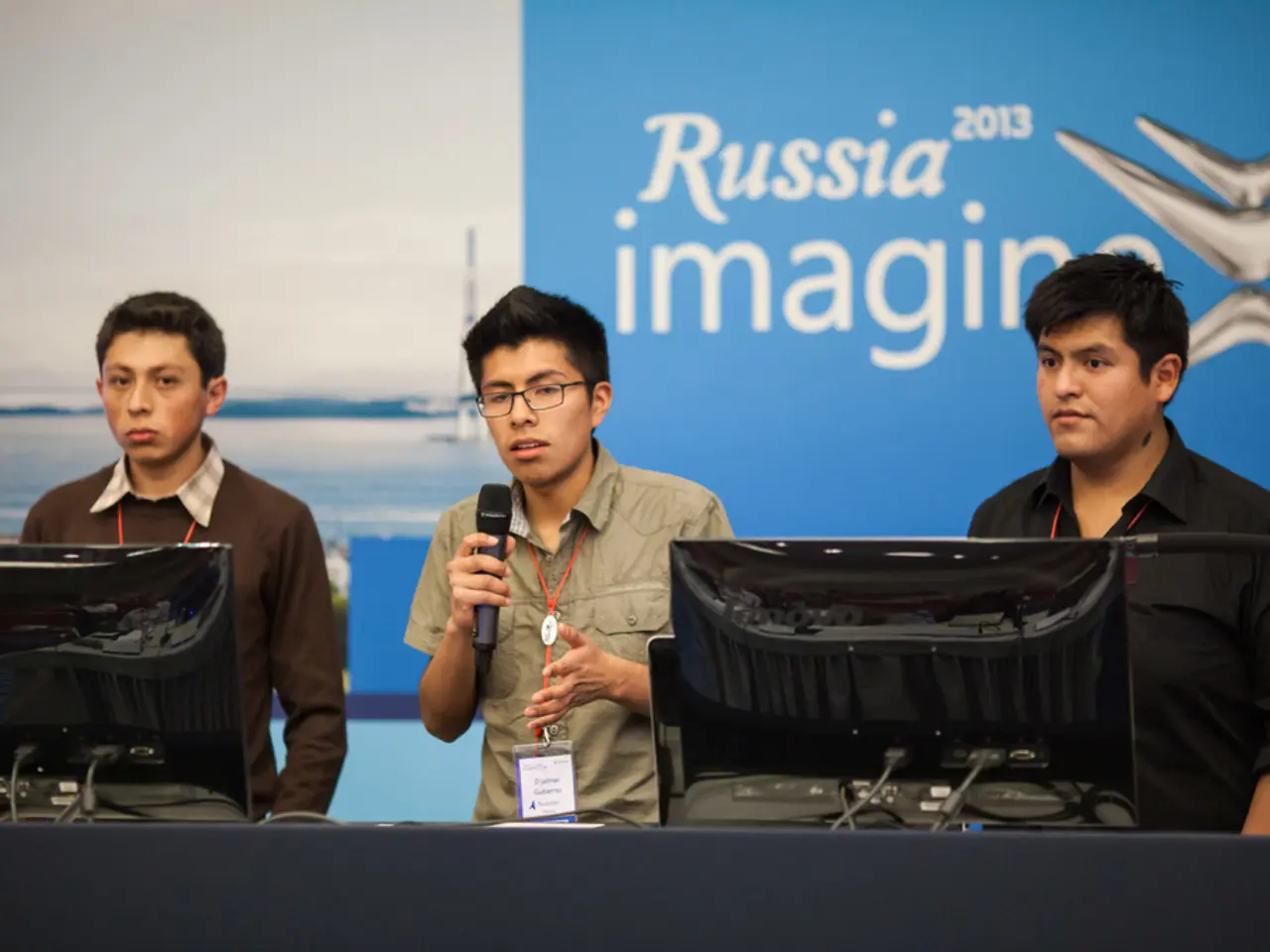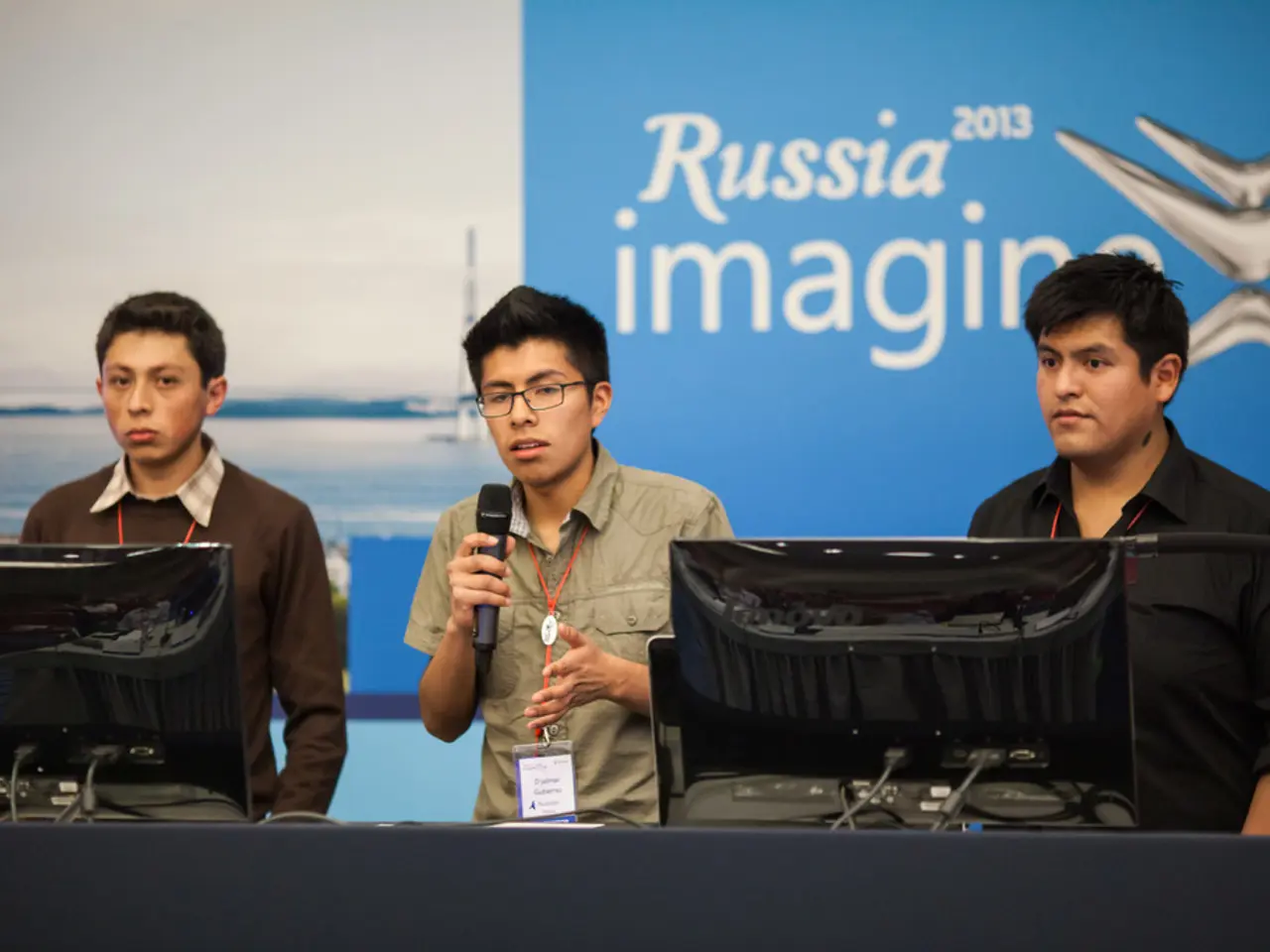Flight attendants of Air Canada have chosen to go on strike, leaving the future of flights unclear.
Air Canada flight attendants have voted overwhelmingly in favour of strike action, with more than 99% approving a strike mandate. The vote, conducted by the Canadian Union of Public Employees' (CUPE) Air Canada component, has put the airline in a precarious position, potentially leading to a legal strike as early as August 16, 2025.
The core issues driving this potential strike are threefold. Firstly, flight attendants are currently paid only for "block time" – from takeoff to landing. However, they perform unpaid but critical duties before and after flights such as safety checks, boarding and deplaning procedures, assisting passengers with special needs, and managing onboard emergencies. The union argues that these duties are essential and should be compensated.
Secondly, over the past 25 years, entry-level wages for Air Canada flight attendants have increased by only about 10%, while inflation since 2000 has risen 169% and average full-time wages in Canada have increased 210%. This has resulted in a significant loss of purchasing power, which the union labels as "poverty wages".
Thirdly, scheduling and work rules are another core issue. Although less detailed in the sources, these aspects are cited as another point of contention alongside the unpaid work and wage demands.
Despite Air Canada offering wage increases aimed at making flight attendants the best paid in Canada and addressing ground pay, the union says no formal offer has been made and continues to press for fair compensation for unpaid work and wages that reflect the cost of living.
Under the current collective bargaining agreement, time spent on onboarding and performing other on-ground tasks is covered under the 'Duty Period'. However, flight attendants are not paid for duties performed before and after flights, including critical safety checks, boarding and deplaning procedures, assisting passengers with special needs, and preparing the cabin.
An Air Canada Rouge flight attendant with five years of service earns $41.39 per hour, while a mainline flight attendant with 10 years of service earns $63.07. A service director can earn up to $87.01. However, a full-time entry-level Air Canada flight attendant earns less than minimum wage – just $27,000 per year before taxes.
Every month, cabin crew at Air Canada are guaranteed a minimum pay ranging between 65 and 80 credit hours, whether they work these hours or not. An Air Canada Rouge flight attendant is guaranteed a minimum of 75 to 80 credit hours per month.
The union has stated that flight attendants are often expected to perform unpaid labor. If a strike does occur, it could have a significant impact on Air Canada's operations, potentially disrupting travel plans for thousands of passengers.
The cooling-off period between CUPE and Air Canada began on July 26, after talks broke down last month. The vote began on July 28 and ended on Tuesday, July 31. The union could be in a legal strike position as soon as Aug. 16 at 12:01 a.m., EDT.
As the situation develops, it is clear that the issues of unpaid labor, stagnant wages, and scheduling are at the heart of the dispute. Both parties will need to find a resolution that addresses these concerns to prevent a potential strike and maintain the smooth operation of Air Canada's services.
- The ongoing dispute between Air Canada and its flight attendants, as outlined by the Canadian Union of Public Employees' (CUPE) Air Canada component, involves policy-and-legislation concerns such as unpaid labor, stagnant wages, and scheduling, which have significant impacts on the airline and its passengers.
- In the political sphere, the potential strike by Air Canada flight attendants, driven by issues like unpaid labor, stagnant wages, and scheduling, is closely being watched as a general-news event that could significantly affect airline operations, passengers' travel plans, and the broader Canadian economy.





